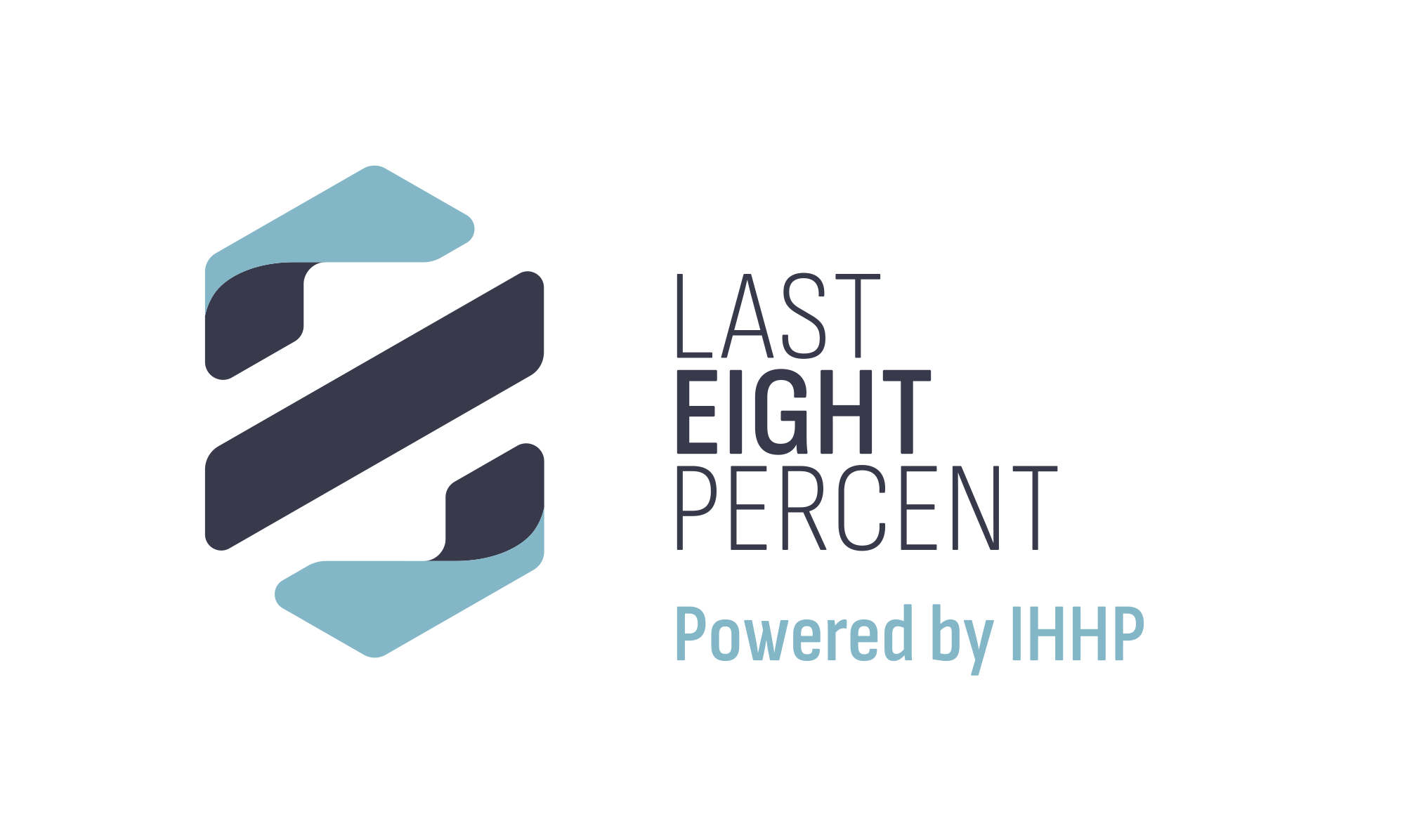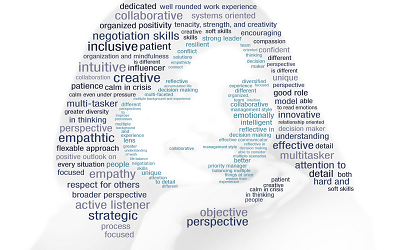Original publication: HR.com
Original publication date: April 5, 2017
I never knew there was a second layer of pressure that women face that I don’t. I have the first layer – deadlines, change and uncertainty, goals, too many meetings and e-mails, etc. For our Women Under Pressure initiative, we interviewed senior business women from many large organizations and we discovered tha tit doesn’t matter what country, culture or background a woman comes from, they face an additional layer of pressure that men don’t:
- Being the only or one a few women on a team
- Not feeling as valued when it comes to pay and promotions
- Feeling as though they don’t have a voice
- Believing that senior leadership has more confidence in their male counterparts
- Feeling the need to emulate more aggressive male behavior
- Work / Life balance
From our study of over 6000 women from around the world, we learned that women have pressure at home that rivals what they experience at work: many women still assume primary domestic responsibilities either by choice, because of internalized cultural expectations, or even guilt. Men simply do not face this type of pressure. Now, to be fair, men do feel their own unique type of pressure: first and foremost, to be a provider (of course, more and more women also experience this pressure).However, looking at the additional pressure women face, is it any surprise to learn that more women are choosing to leave the corporate world to start small businesses than men, or leave entirely? The concern for organizations should be about what is lost when they are not benefiting from the unique talents and viewpoints that women can bring to their organizations, especially when they face pressure.There are many things that organizations can do to help alleviate this pressure – flexible work hours, generous maternity policies, work from home opportunities, etc. Our work at the Institute for Health and Human Potential is to equip women to deal with these layers of pressure, in spite of what their organization may or may not be doing to support them.In our New York Times bestselling book, Performing Under Pressure, we highlight 22 Pressure Solutions women (and men) can use to manage the pressure they are feeling – whether it be work/life balance or otherwise. Here are fourPressure Solutions that you can apply when you are feeling pressure:
- Downsize the Importance. Often, we overstate the importance of a situation: “if I miss this meeting to pick up my kids, they’ll fire me”. The more important we appraise a situation, the more anxiety it creates, leading to distorted thinking, errors, lack of focus and less skillful behaviors. When you find yourself doing this, lessen the pressure by minimizing the significance of the situation. Think: “I would rather not miss the meeting, but I will be able to follow up afterward and get the updates.”
- You Don’t Need to be Perfect. In our study, we learned that many women, unrealistically, think they need to be perfect, over-perform or have super-human abilities to succeed under pressure. You can’t be perfect so don’t even try. When you make a mistake – whether it be at work or at home as a parent – don’t beat yourself up. Men don’t!
- Focus on What You can Control. When you focus on “uncontrollables”, you intensify the pressure; it boosts your anxiety to the point of disturbing your physiology, creating distracting thoughts that undermine your confidence. You can’t control that family commitments will interfere with your work, but you can focus on the things you can control – including your attitude in a pressure moment.
- Regulate Your Breathing. This may sound simple and obvious, but you’d be amazed at how often we let our breathing become irregular, when we feel overwhelmed and anxious about competing priorities and commitments. Anxiety speeds up your breathing, forcing you to breathe high up in your chest. By consciously slowing down your breathing and making sure you breathe from the diaphragm, you’ll be able to quickly calm yourself down and reduce the stress you are feeling about the situation.
Bill Benjamin is a training and leadership expert at the Institute for Health and Human Potential and a contributor to the New York Times best-selling book Performing Under Pressure. Bill is a highly sought-after speaker on the topics of emotional intelligence and performing under pressure, and is a co-author of IHHP’s Women Under Pressure white paper. Bill works with people in many high-pressure environments, including Intel, Goldman Sachs, the U.S. Marines and Surgeons.

